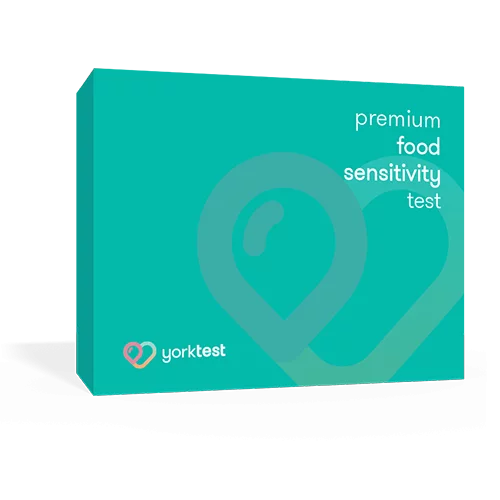Testing for peanut sensitivity
If you suspect that peanuts may be causing you discomfort and digestive issues, you can test for peanut sensitivity by taking a food sensitivity test. With just a simple finger prick blood sample, our labs are able to accurately test your IgG antibody response to over 200 ingredients, including peanuts.
The test reviews all IgG antibodies 1-4 directly in your blood, identifying any food sensitivities and their severity. Following this, our team can support you with a guide to your results, as well as advise on how to handle your sensitivities and take back control of your diet. If you require more in-depth advice, we recommend booking a consultation with one of our highly qualified nutritional therapists.










